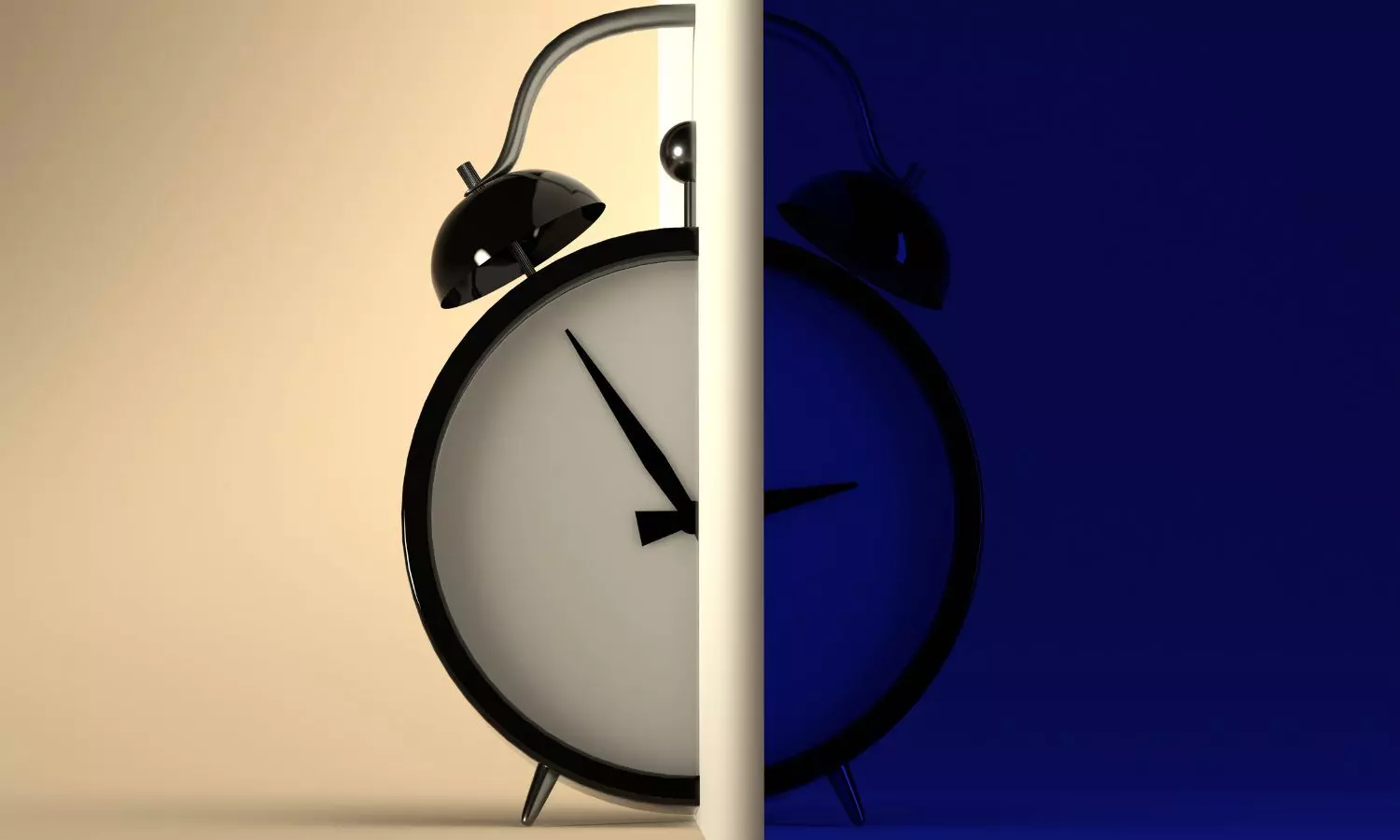Study Finds ‘Internal Jet Lag’ May Be Triggering Depression Among Youth

New Delhi: A new study published in the Journal of Biological Rhythms has found that young people experiencing depression may also have disrupted internal body clocks — a condition researchers are calling "internal jet lag."
The study, led by Dr Joanne Carpenter and Professor Ian Hickie from the University of Sydney, examined 69 individuals aged 16 to 35 who were seeking mental health care. Researchers discovered that around 23% of these young patients had circadian rhythms that were out of sync, not just with the external environment, but with each other inside the body. This disruption closely resembles the effects of jet lag from travelling across time zones, even though none of the participants had recently travelled.
This is the first time a study has looked at three biological markers of the body clock — core body temperature, melatonin, and cortisol — together in people with mental health issues. Melatonin signals when it's time to sleep, cortisol peaks after waking to help with alertness, and body temperature follows a daily rise and fall pattern that supports sleep-wake cycles.
“Our analysis showed that nearly a quarter of the participants had at least two of these biological signals out of sync,” said Dr Carpenter. “This internal misalignment is similar to what happens when someone does shift work or flies across time zones — but here, it’s happening entirely within the person’s own body.”
Dr Jacob Crouse, co-author of the study, added that the more disrupted a person's body clock was, the more severe their depressive symptoms appeared to be. In particular, those whose body temperature cycles were ahead of their other rhythms reported higher levels of depression.
The study doesn’t claim that this "internal jet lag" causes depression, but it does highlight a strong link worth exploring. Since the data were collected over one sleep cycle, further long-term research is needed to examine how these rhythms and mental health symptoms evolve.
Interestingly, some participants without any history of mental illness also showed signs of body clock misalignment. Researchers believe this may help identify individuals at risk of developing mood disorders like depression and bipolar disorder in the future.
"This is exciting, early evidence that targeting the body clock might offer new ways to understand and treat mental health conditions,” said Dr Carpenter. “It opens up the possibility of using sleep and circadian rhythm-based therapies to improve outcomes for young people.”
The research was supported by the National Health & Medical Research Council (NHMRC), with additional support from the University of Sydney and other grants. All participants gave informed consent, and the study was approved by the University of Sydney’s Human Research Ethics Committee.


